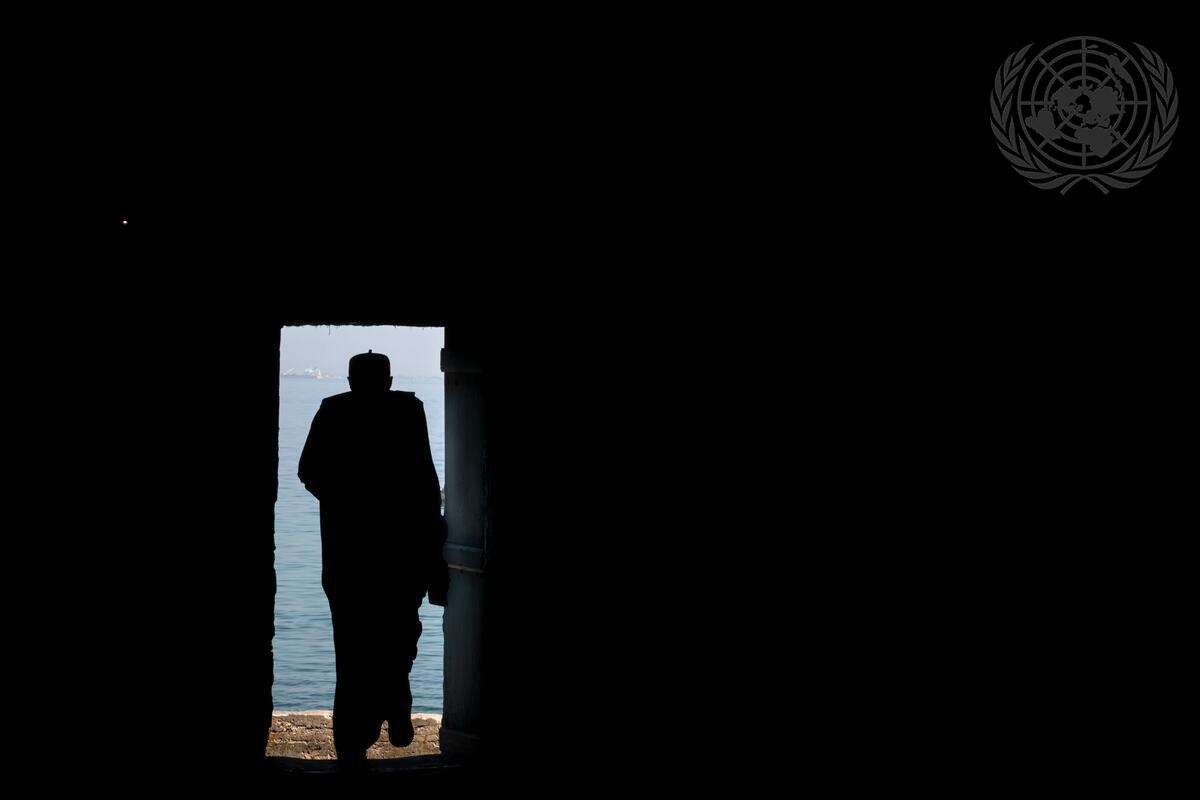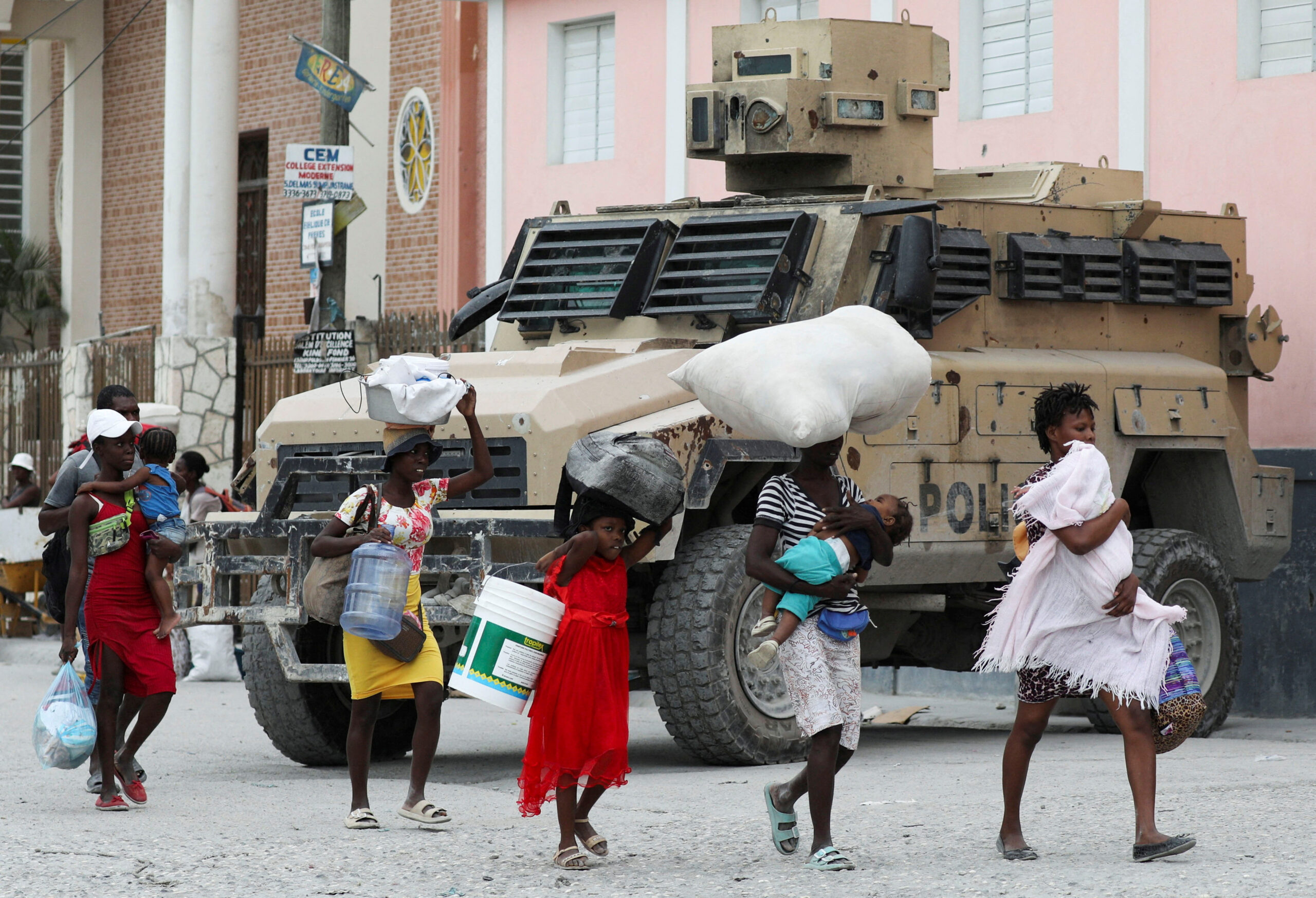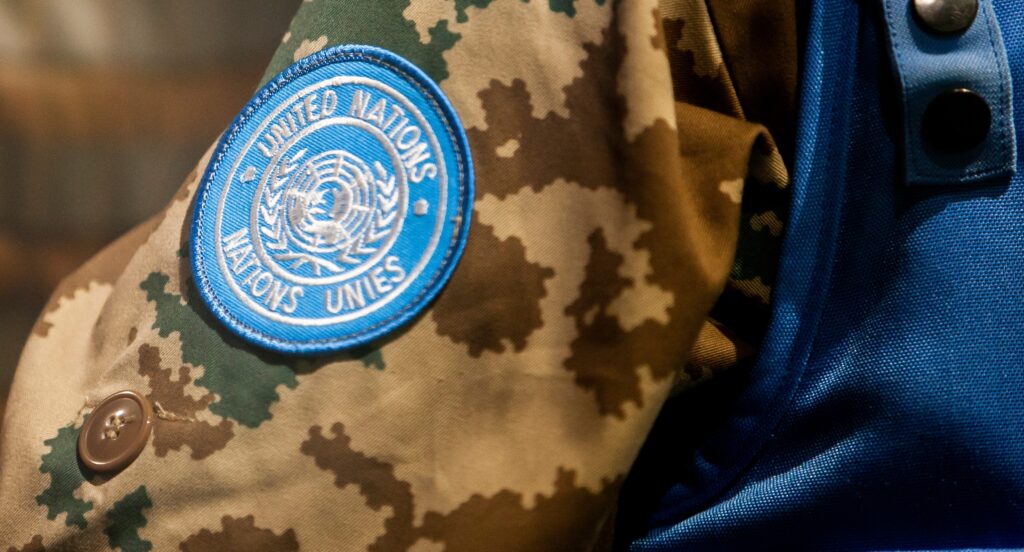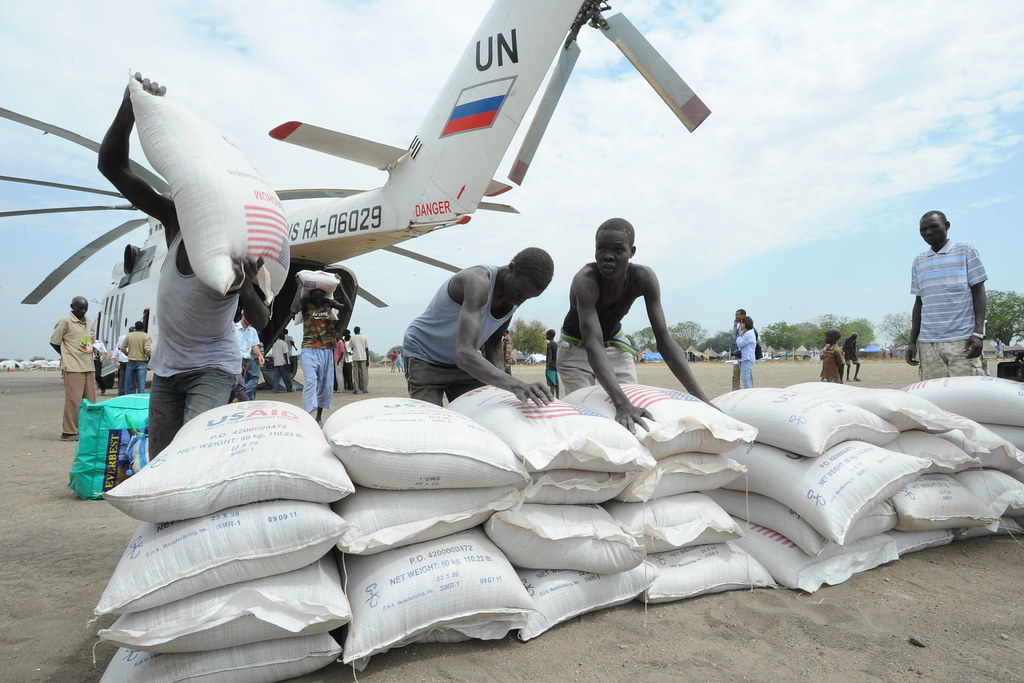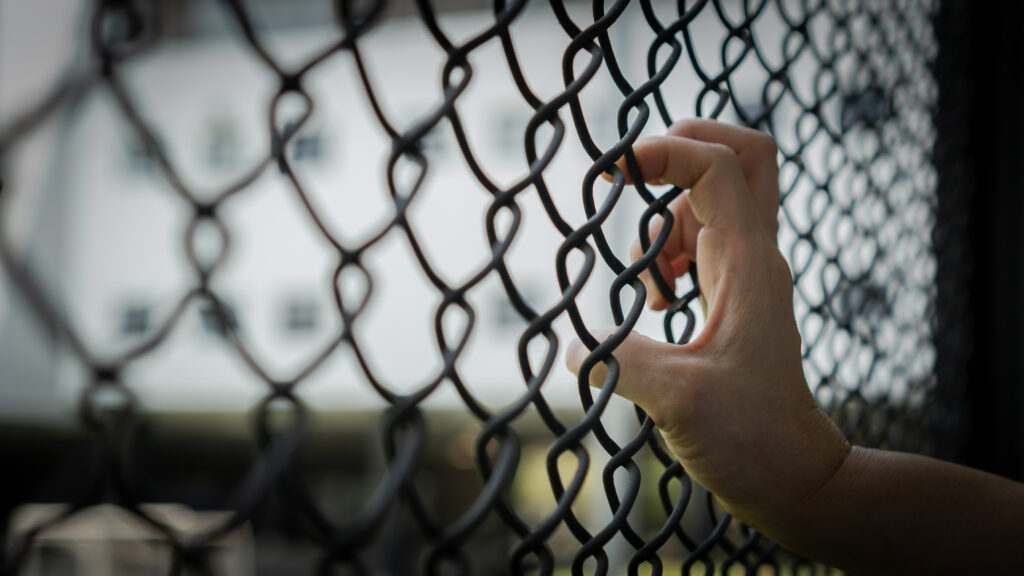Introduction
October 2 marks the one-year anniversary of the launch of the Multinational Security Support (MSS) mission to Haiti. Since boots arrived on the ground on June 25, the Kenyan-led, international force has achieved progress despite an uphill battle against unstable funding and increasingly complex conditions. With the recent renewal of the mission’s mandate by the UN Security Council, it’s important to reflect on the evolution of the conflict in Haiti and how the UN and U.S. are leveraging the MSS to provide much-needed support for the small and struggling Caribbean island nation.
The Origins of the MSS
In October 2022, unrest in Haiti reached a boiling point. The Haitian National Police — at that time with some 12,800 officers — were fighting rising gang violence in a country of over 11 million. Operations at hospitals, ports, fuel outposts and other critical services had come to a standstill, with more than 4.9 million Haitians pleading for humanitarian assistance. The resulting public outrage compelled Prime Minister Ariel Henry, along with 18 top-ranking officials, to request “the immediate deployment of a specialized armed force” to bring stability back to the island.
To secure this specialized force, however, a lead country was needed to spearhead the commitment. In August 2023, Kenya offered to fill that position and deploy a total of 1,000 officers to the heart of the crisis. Kenya was widely supported as a smart choice for the undertaking — most importantly by the Haitian government and the United States — in part because of Kenya’s prior participation in international policing missions in Somalia, Bosnia, South Sudan and East Timor.
A Slow Start
With the lead country secured, the Security Council then moved forward with the official launch of the mission on October 2, 2023. Ecuador and the U.S. penned Resolution 2699 that established the security force for an initial period of 12 months, which was passed by a vote of 13 in favor and abstentions from Russia and China. The MSS mandate was to provide logistical support and training to the Haitian National Police, increasing its capacity to quell gang violence in the country’s capital of Port-au-Prince. The two entities would work with the eventual goal of creating an environment stable enough to facilitate national elections that had been delayed since 2016.
The estimated $600 million cost of the mission was to be borne by voluntary contributions from UN Member States, of which half was pledged by the U.S. However, challenges to unlocking this funding persisted, as some U.S. lawmakers refused to release roughly $40 million set aside to “cover costs essential to the mission.” Several months later, the Biden administration overrode the hold and released $109 million for the mission.
A second delay occurred in the months prior to the Kenyan deployment, as the country’s domestic courts blocked the mission, which was initially approved by the Parliament and Cabinet, on the grounds that Kenyan police forces were not legally allowed to serve in a foreign country. An appeal of the decision was successful, and the first 400 Kenyan officers arrived in Haiti in June 2024.
MSS Success
Despite challenges faced by the MSS, its deployment has made a substantive difference. Commercial flights have resumed at the international airport in Port-au-Prince. The government has reopened the seaport, an essential step for increasing aid to 5.5 million Haitians who now require humanitarian assistance. Police have removed gangs from the country’s main hospital. The most powerful gang leader has offered to lay down weapons and enter negotiations with the government. And most recently, the government successfully established a provisional council to facilitate national elections, an essential part of achieving the mission’s mandate.
What’s Next
On September 30, the Security Council acknowledged these positive developments, voting unanimously to renew the MSS mission’s mandate for another year. The renewal came days after the 79th UN General Assembly, where Haiti’s transitional President Edgard Leblanc Fils implored the body to help him quell the “unprecedented security crisis” across the country.
President Fils also expressed support for the mission’s eventual transition into a UN-mandated peacekeeping operation, an idea originally floated by the Biden administration. While providing more logistical capacity to the mission, this change would address the very serious concern of inconsistent funding. Currently, the MSS has secured $85.3 million — just 14% of its $600 million budget — most of which came from an initial cash flow from the U.S. earlier in the year.
That said, with uncertainty heading into November and tepid support from Security Council permanent members China and Russia, the question of transitioning from an MSS to a peacekeeping force is off the table for now, although both the U.S. and Haiti have expressed interest.
As it stands, responsibility for fundraising to continue the MSS rests largely on the shoulders of the U.S., despite hesitancy from Congress to release additional funding. Given ongoing gang activity across Haiti, the increasing risk of illicit trafficking through Haiti to the Caribbean and U.S. mainland and mounting humanitarian needs, U.S. leadership in future funding for the mission is essential for its ultimate success in bring stability to the country and region.
